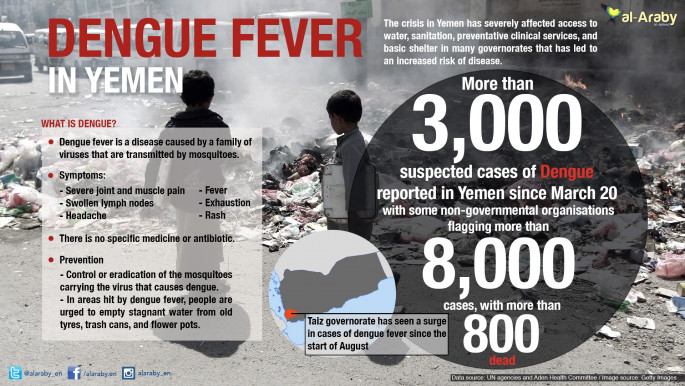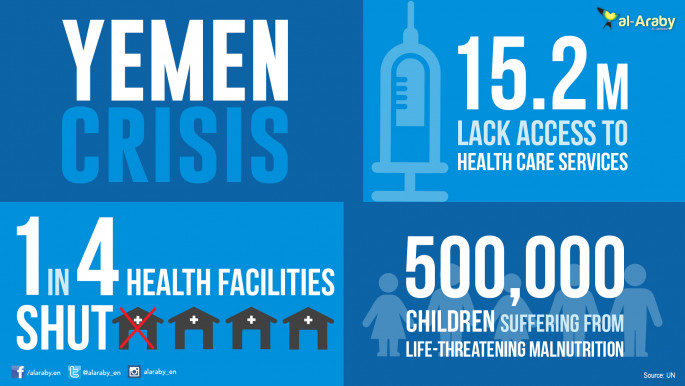Houthi rebels 'steal' $3 billion from Yemen's central bank
Houthi rebels "withdrew" $3 billion from Yemen's central bank last year, the country's prime minister has said.
The Houthis'takeover of the capital, Sanaa, in September 2014 - and subsequent capture of government institutions the following January - gave the Zaydi-Shia rebel group control of the country's financial reserves, including the central bank.
Prime Minister Khaled Bahah told reporters in Abu Dhabi that Yemen's central reserves have been treated by the militia as their own personal funds, UAE daily The National reported.
Yemen's foreign currency reserves have been diminished from $5.2 billion to $2.3 billion in a year, Bahah said.
This has left the internationally recognised government - whose militias are fighting the Houthis - with just $93 million to rebuild infrastructure in the war-torn territories it controls.
"[After] achieving many victories in the past year, the government will focus on the economic side, by returning the main services such as health, education, water and electricity, roads and others," The National reported the foreign minister saying.
The Aden-based government said it would "cash" its money rather than depositing it into the central bank, to avoid the Houthis seizing the funds.
Yemen is the Arab world's poorest country, and a war between the internationally recognised government and Houthis has made the situation even worse for civilians.
Thousands have died, disease and hunger are prevelant, and infrastructure diminished from over a year of fighting.
Gulf in disparity
Bahah's government is backed by a Gulf force and allied militias, and is slowly winning back territory, albeit slowly.
"Every time we move forward a few steps, we face a setback," The National reported.
"Yemen is passing through a critical moment and should not be left alone to face the challenge posed by the Houthis and Saleh's group, who kill civilians with impunity, murder Yemeni officials and carry out subversive activities, with the aim of destroying the state's infrastructure," Bahah added.
 |
|
| [click to enlarge] |
Saudi-led bombing has also led to massive destruction in the country, aid groups have said.
The fighting has also widened the already deep divide in wealth between Yemen and its oil-rich Gulf neighbours, while living standards for ordinary Yemenis are among the worst in the world.
"You cannot comprehend that," Bahah said.
"Yemen is a big problem for its neighbours but could be a big benefit for its neighbours, so if we deal with it the right way we will find a different product. No big research centres are required to understand that."
Compounding problems for the government is the rise of armed groups such as al-Qaeda and the Islamic State group in areas it loosly controls.
"We are facing various forms of terrorism aimed at shedding blood, killing innocent people, destroying cities… and endangering liberated regions."
It is likely to cost hundreds millions, if not billions, in reconstruction and new infrastructure to bring Yemen back to the level of development it had before the war.
With oil prices running low and the country's production facilities severly damaged, it will likely be more difficult to find the funds or aid from Gulf neighbours to finance the rebuilding of Yemen.
 |
| [click to enlarge] |



